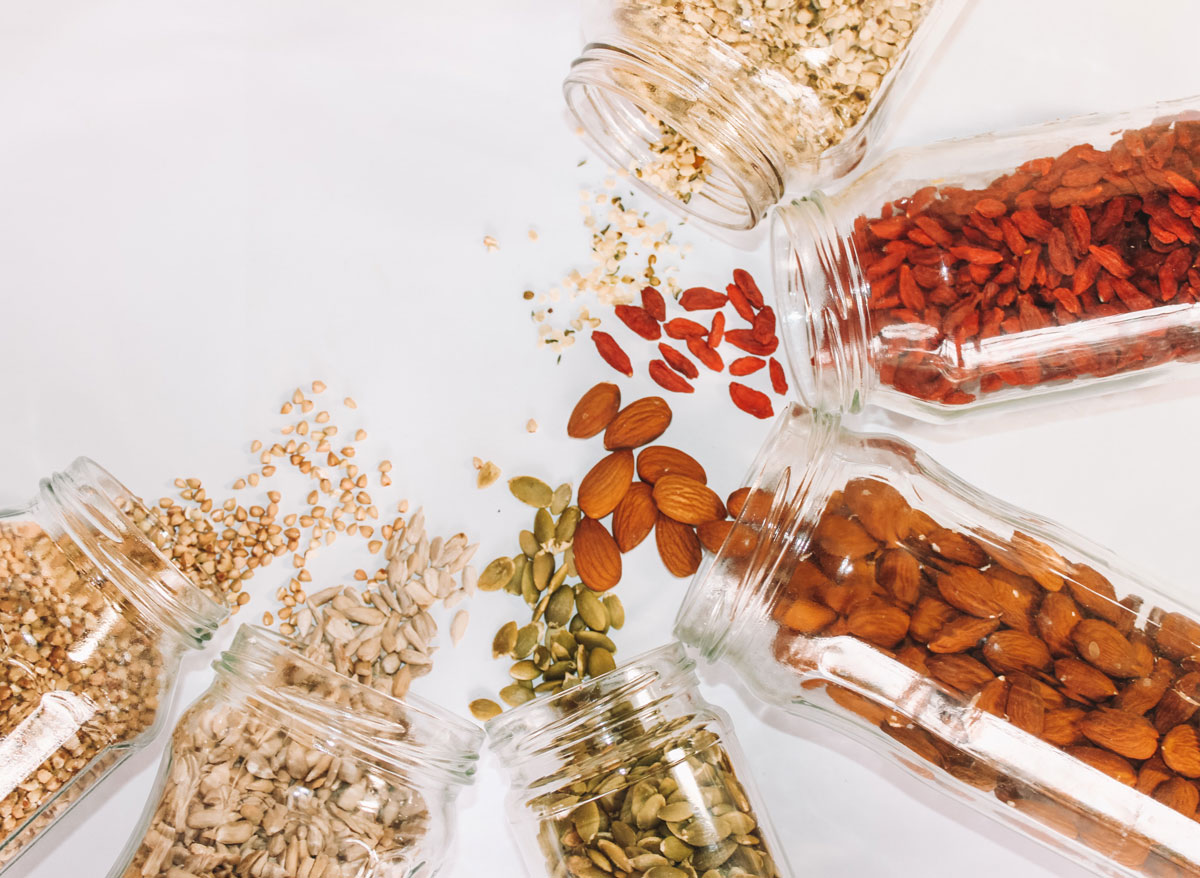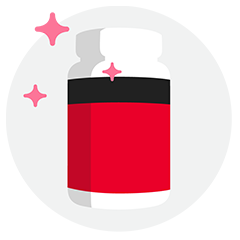Powering up on protein

As one of the three major macronutrients (along with fats and carbohydrates), protein is a vital component of a balanced diet. While it may be best known for its ability to build muscle mass, it’s also involved in many bodily functions.
What is protein?
Proteins are large biomolecules and macromolecules that are made up of one or more long chains of amino acids. There are 20 different types of amino acids that the body uses to create protein, and nine of those must come from dietary sources. “Complete” proteins are those that contain all essential amino acids, and “incomplete” proteins do not contain them. Foods like meat, soy, and quinoa are considered complete proteins, while most plant-based foods, like beans, grains, and nuts are considered incomplete.
Why do we need it?
Did you know that protein can be found within every cell in the body? Protein is required for your body to function properly and stay healthy. Most notably, it plays a key role in:
- Helping create and repair cells
- Providing protection from viruses and bacteria
- Promoting healthy growth and development
- Transporting molecules through the body
- Balancing fluids in the body
Protein also keeps you full for longer! This is because it takes the body longer to digest than fats or carbohydrates, which provides satiety for a longer period of time. That means any glucose (sugar) is also released slower, rather than all at once, like when you eat refined carbs. Think about lighting a piece of paper on fire versus a log of wood. The paper catches fire quickly but also burns up quickly, and the fire dies. The log is slower to light but it burns slowly, giving you a far longer-lasting fire.
How much protein do we need?
The current recommended dietary allowance (RDA) for protein is 0.8 grams of protein per kilogram of body weight. Generally speaking, most people get enough protein in their diet. Those who follow a plant-based diet or don’t consume animal products are at a greater risk for protein deficiency, but there is no shortage of plant-based protein sources.
Picking your proteins
Just like there are “good” and “bad” carbs, there are proteins that are more beneficial to the body, and proteins that should be minimized. A good rule of thumb for picking the right protein for mealtime is, the closer it is to its original form, the better it is for you. Here are some common protein sources to incorporate into your next meal:
- Fish
- Poultry
- Eggs
- Tofu
- Beans
- Tempeh
- Nuts
When putting together a meal, it’s important to include foods that deliver a combination of fat, fibre, and protein (nuts have all 3!). This will ensure you feel full after eating, stay full for a while, and keeps your hormones in check to avoid overloading your body.
Sources






